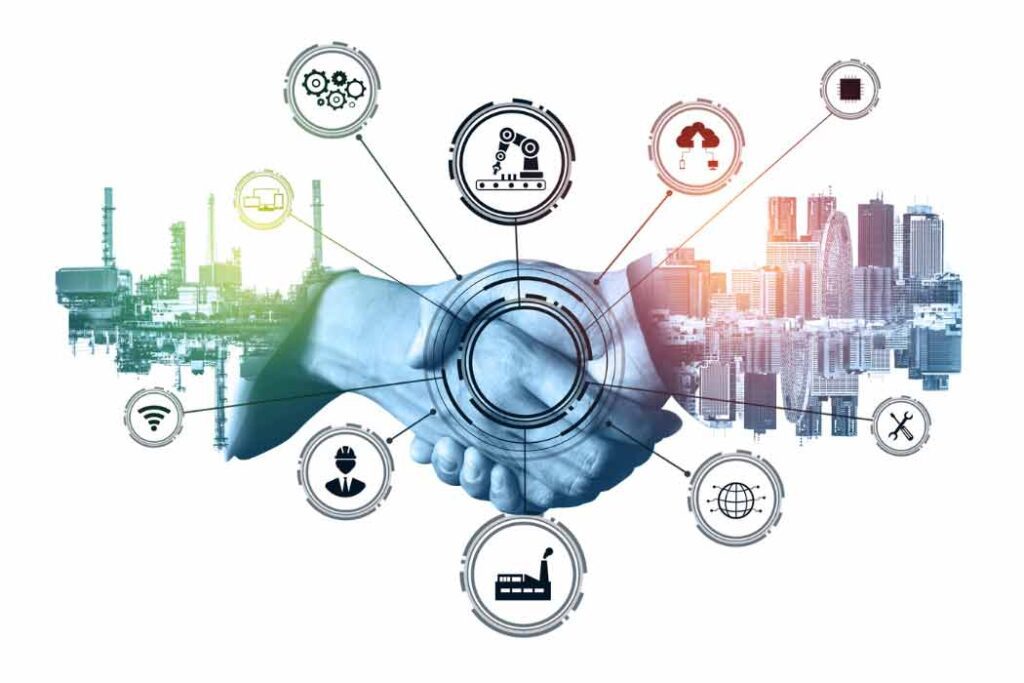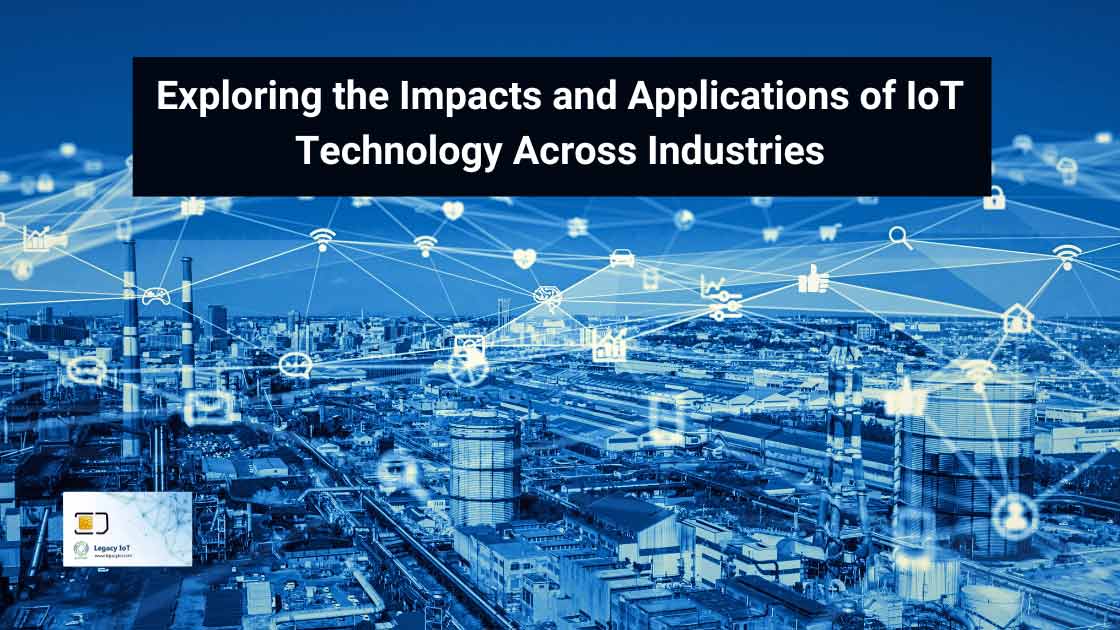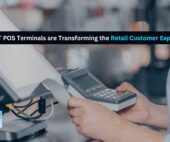The Internet of Things, or IoT, has become a revolutionary force in the modern digital age, changing industries worldwide and the way people interact with technology.

From optimizing urban living to improving healthcare outcomes, IoT technology has become an integral part of our daily lives, fostering innovation and efficiency enhancements across diverse sectors. Let’s explore some of the notable impacts and applications of IoT technology.
Smart Cities
IoT technology plays a pivotal role in the development of smart cities, where interconnected devices and sensors facilitate efficient resource management and urban planning. Smart energy grids monitor electricity consumption in real-time, optimizing distribution and reducing waste.
Intelligent traffic management systems use IoT data to alleviate congestion and improve transportation efficiency. Additionally, Smart city IoT-enabled environmental sensors monitor air and water quality, enabling authorities to take proactive measures to mitigate pollution and safeguard public health.
Also, If you find yourself unsure about the components required for your project, Our knowledgeable team is ready to assist you. We guide you through the selection process, ensuring you have everything you need to get started. Once you’ve made your selections, your order will be swiftly shipped to your location.
Healthcare
In healthcare IoT technology is revolutionizing patient care and management. Wearable devices equipped with sensors can monitor vital signs in real-time, allowing for proactive health management and early intervention. From smart insulin pumps for diabetic patients to remote monitoring systems for the elderly, IoT devices are enhancing patient outcomes while reducing healthcare costs. Moreover, IoT-enabled medical equipment ensures timely maintenance and alerts healthcare providers to potential issues, minimizing downtime and improving efficiency.
Manufacturing
In the realm of manufacturing, IoT technology plays a pivotal role in driving the transition to Industry. By connecting machines, sensors, and production systems, manufacturers can achieve greater visibility and control over their operations.
IoT Industry enables predictive maintenance, real-time production optimization, and reduced downtime, leading to increased productivity and cost savings. With IoT-enabled manufacturing processes, businesses can respond more effectively to market demands, minimize waste, and drive continuous improvement.
Agriculture
In agriculture, IoT technology is revolutionizing traditional farming practices through precision agriculture. By deploying sensors and IoT devices in the field, farmers can monitor soil conditions, crop health, and weather patterns in real-time through IoT Management Platform.
This data-driven approach allows for more accurate decision-making regarding irrigation, fertilization, and pest control, leading to higher crop yields and resource efficiency. IoT-powered agriculture solutions empower farmers to optimize their operations, minimize environmental impact, and meet the growing demand for food in a sustainable manner.
Retail
The retail industry is undergoing a digital transformation fueled by IoT technology. From smart shelves that automatically track inventory levels to personalized customer interactions based on real-time data analytics, IoT is reshaping the retail experience. Retailers can leverage IoT-enabled solutions to improve inventory management, enhance customer satisfaction, and drive sales through targeted marketing campaigns. By harnessing the power of IoT, retailers can create seamless omnichannel experiences that meet the evolving needs of today’s consumers.
Transportation
In the transportation sector, IoT technology is driving innovation and efficiency improvements across various applications. From vehicle tracking and fleet management to traffic monitoring and logistics optimization, IoT-enabled solutions are transforming how goods and people are transported.
By leveraging real-time data and predictive analytics, transportation companies can optimize routes, reduce fuel consumption, and improve overall operational efficiency. IoT technology also plays a crucial role in enhancing road safety, reducing congestion, and promoting sustainable transportation solutions.
Conclusion
IoT technology has emerged as a powerful catalyst for innovation and efficiency across diverse industries. From smart cities and healthcare to manufacturing, agriculture, retail, and transportation, the applications of IIoT and IoT are limitless. By harnessing the power of connected devices and data analytics, businesses and communities can unlock new opportunities for growth, sustainability, and prosperity in the digital age. As we continue to embrace Legacy IoT technology, the possibilities for transformative change are endless, paving the way for a smarter, more connected future.





